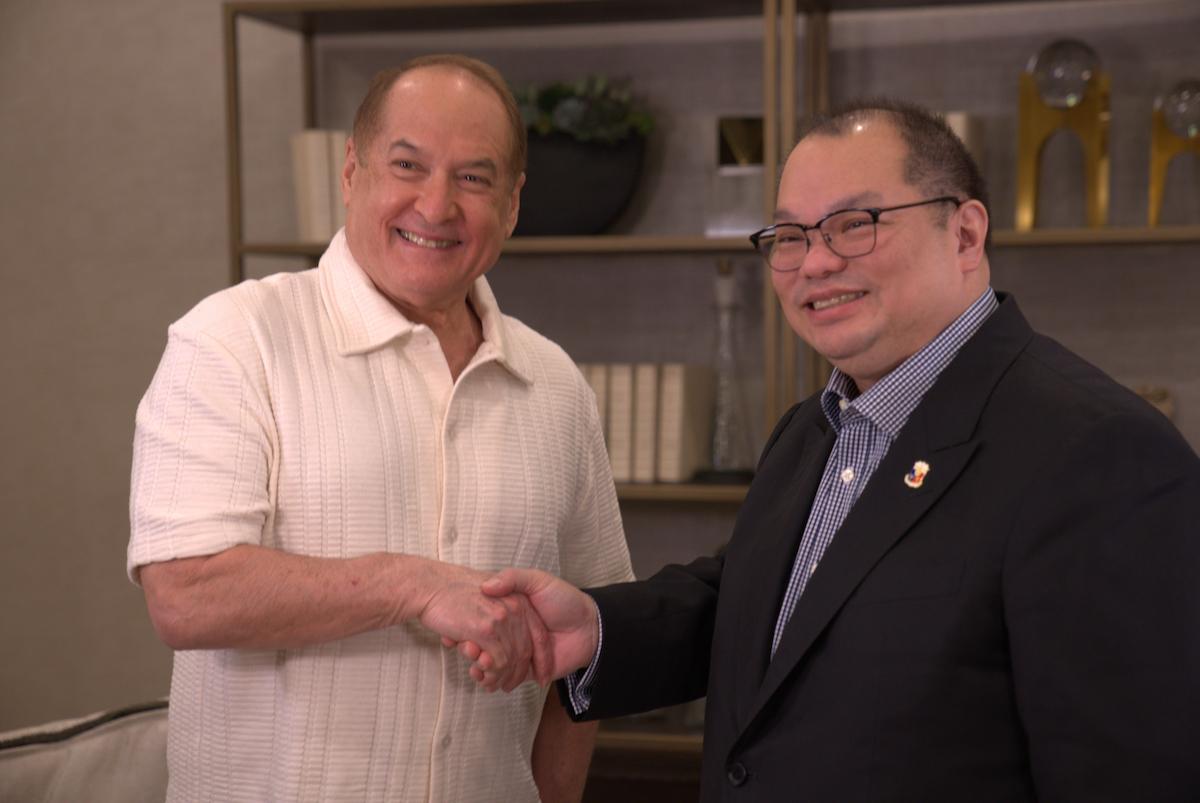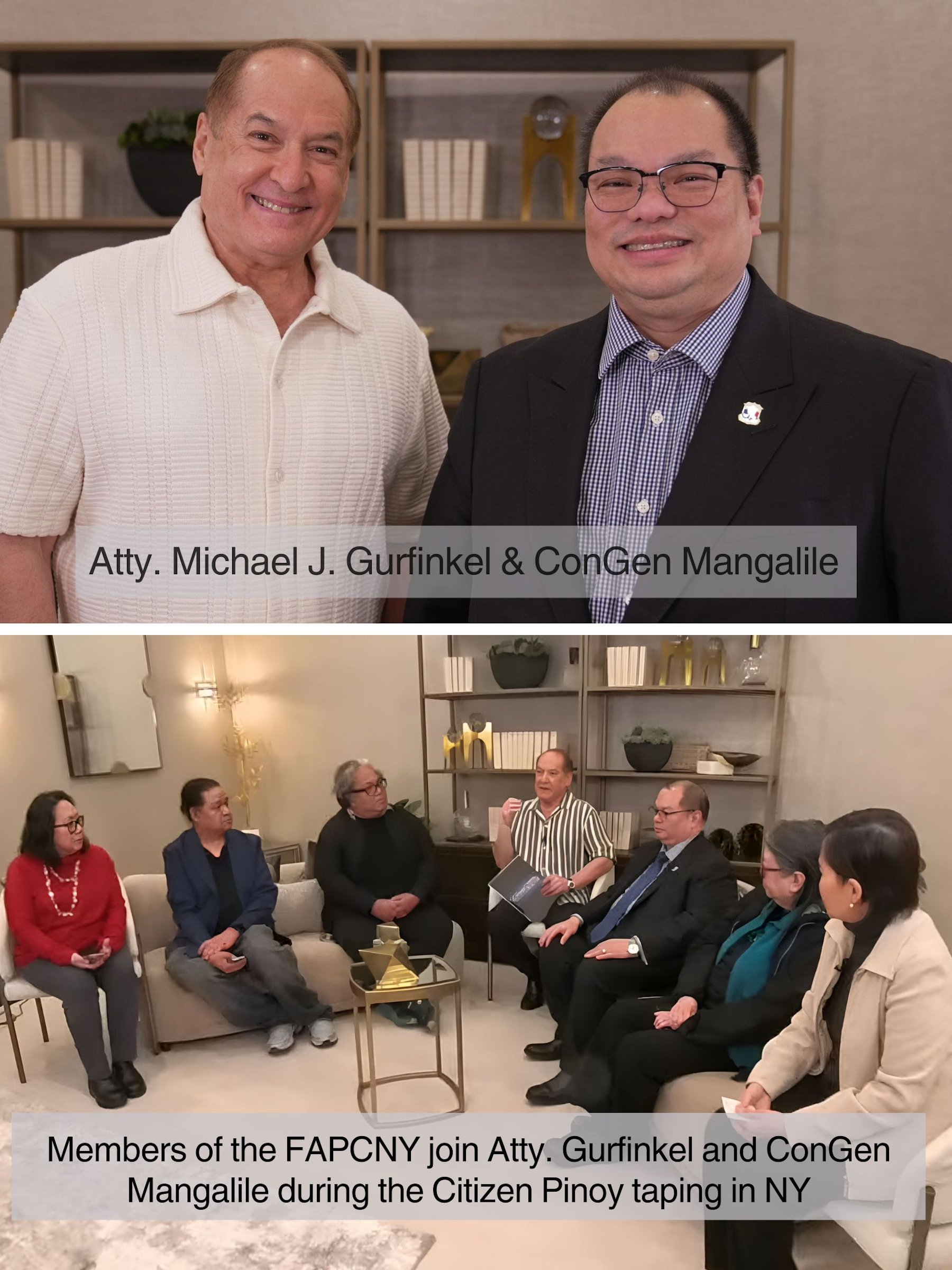Under INA 101(a)(15)(L), an alien who has worked continuously for one year for a firm or subsidiary abroad within the preceding 3 years and who now seeks to temporarily enter the US to work for the same firm or subsidiary, may qualify for L-1 nonimmigrant status. There are two types of L-1 intra-company transferees. Corporate managers and executives may qualify for L-1A classification while specialized knowledge workers may qualify for L-1B.
On March 24, 2015, USCIS issued a policy memorandum which provides guidance on the adjudication of L-1B petitions. This memorandum takes effect on August 31, 2015. In this memorandum, USCIS has consolidated prior policy memoranda and provided clarification on what it takes to demonstrate specialized knowledge.
Under INA 214(c)(2)(B), a specialized knowledge alien is defined as one who: (1) has special knowledge of the company’s product and its application in international markets; or (2) has advanced level of knowledge of the company’s processes and procedures.
The implementing regulation under 8 CFR 214.2(l)(1)(ii)(D), similarly defines specialized knowledge as an individual’s: (1) special knowledge of the petitioning organization’s product, service, research, equipment, techniques, management, or other interests and its application in international markets; or (2) advanced level of knowledge or expertise in the organization’s processes and procedures.
The common elements of these definitions are: (1) special knowledge of the company’s products or services; or (2) advanced level of knowledge of the company’s processes and procedures. However, neither the statute nor the regulation defined “special” and “advanced”. Thus, the March 24, 2015 memorandum fills in these gaps.
This memorandum defines “special” knowledge as knowledge of the petitioning company’s product, service, research, equipment, techniques, management, or other interests and its applications in international markets that is demonstrably “distinct or uncommon in comparison to” that generally found in the particular industry or within the petitioning company.
It also defines “advanced” knowledge as knowledge or expertise in the organization’s specific processes and procedures that is not commonly found in the relevant industry and is “greatly developed or further along in progress, complexity and understanding” than that generally found within the petitioning company.
In applying these definitions, the memorandum explains that determining whether knowledge is “special” or “advanced” inherently requires a comparison of the alien’s knowledge against that of others. Thus the petitioning company must show that the alien has knowledge that is demonstrably distinct or uncommon in comparison to the knowledge of other similarly employed workers in the particular industry or within the petitioning company. In the alternative, the petitioning company may also show that the alien has knowledge or expertise that is greatly developed or more complex in comparison to other workers in the petitioning company’s operations.
Finally, the memorandum discusses several factors that USCIS may consider in determining whether knowledge is specialized.
One of these factors is the amount and type of training, experience, or education required to develop that knowledge. USCIS believes that specialized knowledge cannot be easily imparted to other individuals. Thus, the petitioning company may show that it would be difficult to impart such knowledge to another without significant economic cost or inconvenience to the company.
Another factor is that although specialized knowledge cannot be generally possessed or easily transferrable, it need not be proprietary or unique to the petitioning company. Thus, the petitioning company is not required to demonstrate that it is the only company where the alien could have acquired the knowledge, or that it is the only company that trades in the technologies, techniques, products, services, or processes involved in the alien’s specialized knowledge.
USCIS does not require a petitioning company to test the US labor market to show lack of available workers to fill in the specialized knowledge position. However, a relevant factor USCIS may consider is whether there are so many such workers that the knowledge is generally or commonly held in the relevant industry, and thus it is not specialized.
USCIS does not require that the specialized knowledge be narrowly held by a few employees within the petitioning company. However, if the company already has many employees in the US with the same specialized knowledge, USCIS may consider as a factor the need for another individual with similar specialized knowledge and the difficulty in transferring this knowledge to other individuals.
USCIS may also consider rank and salary as factors when analyzing whether an alien possesses specialized knowledge but the alien is not required to have a certain rank or salary. Thus, the alien is not required to be a manager, executive, officer or supervisor within the petitioning company. A high salary compared to that of peers within the company or the industry is not necessary since there may be valid business reasons why the alien is earning less than his peers.
These factors discussed in the memorandum are not exhaustive. A petitioning company may submit any other evidence it chooses.
***
Charles Medina practices immigration law. Visit his website at medinalawgroup.net for more details. This article provides general information only and does not provide legal advice on any specific matter or predict the outcome of any legal matter. It does not invite or create an attorney-client relationship.






